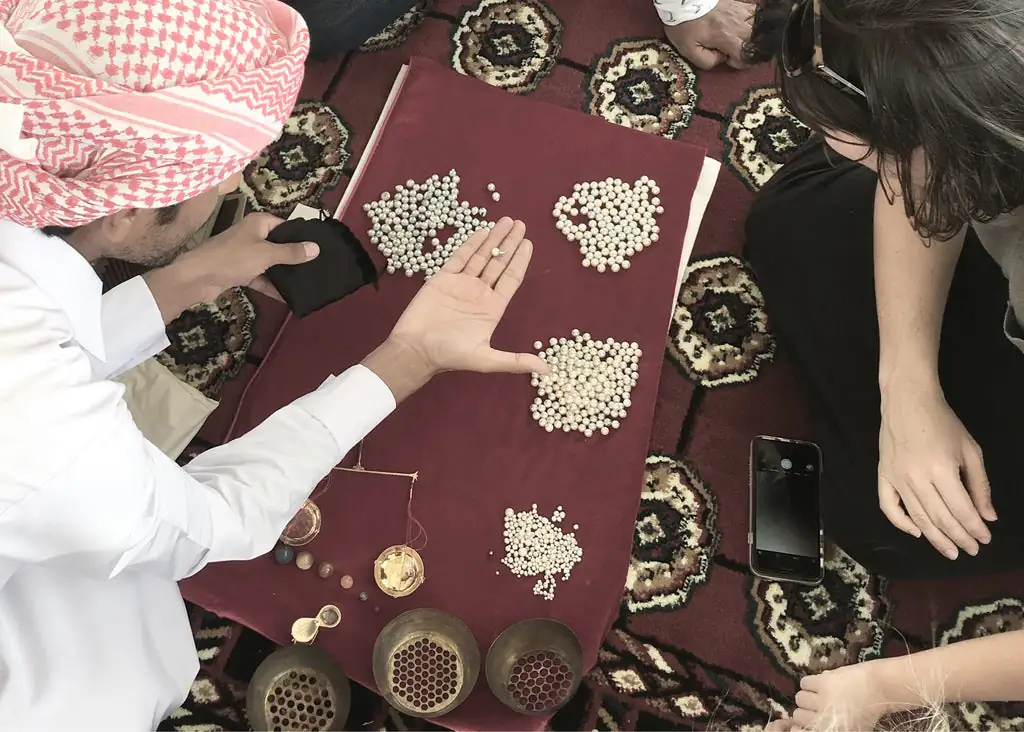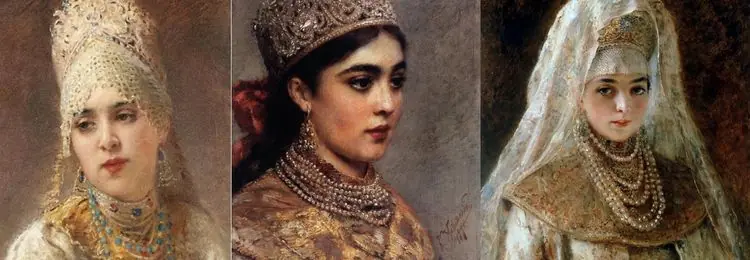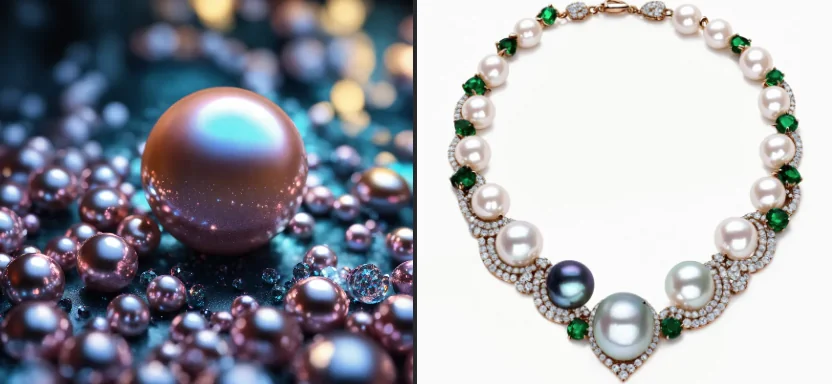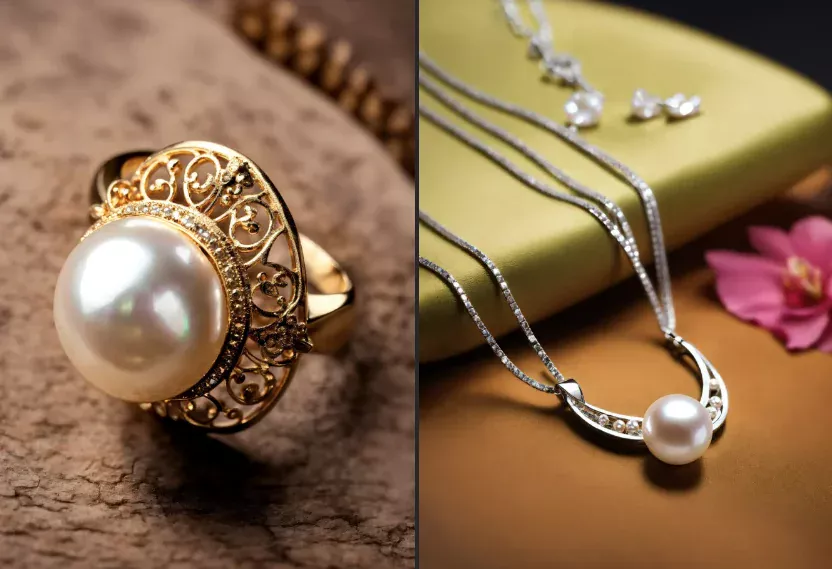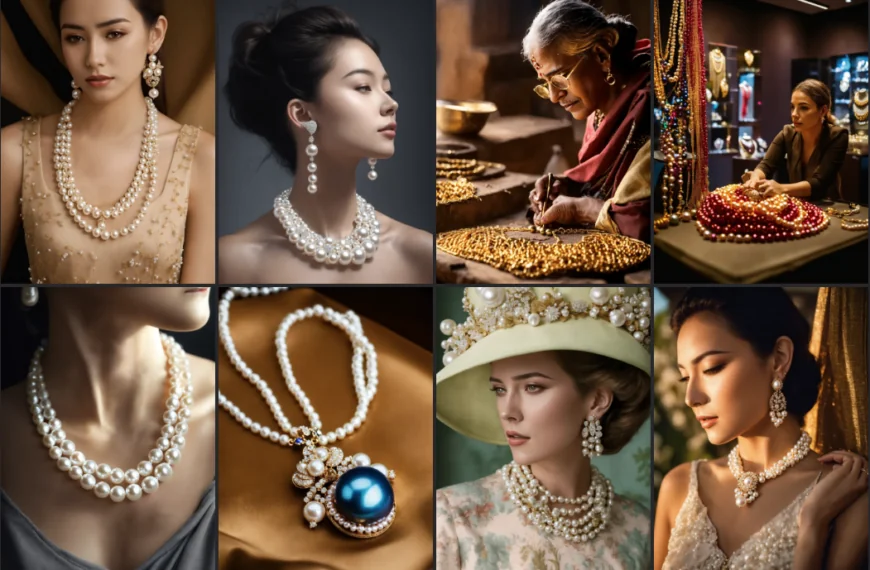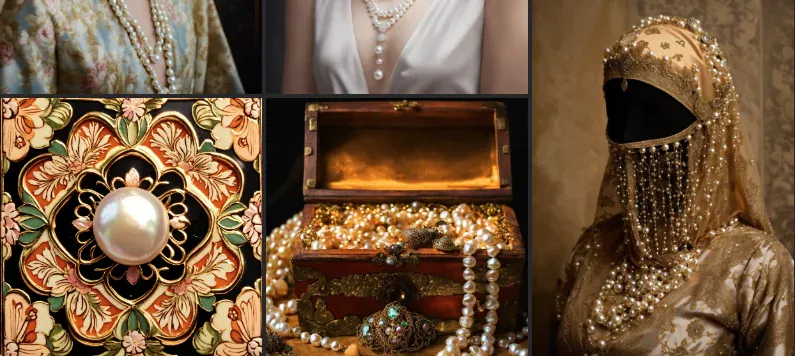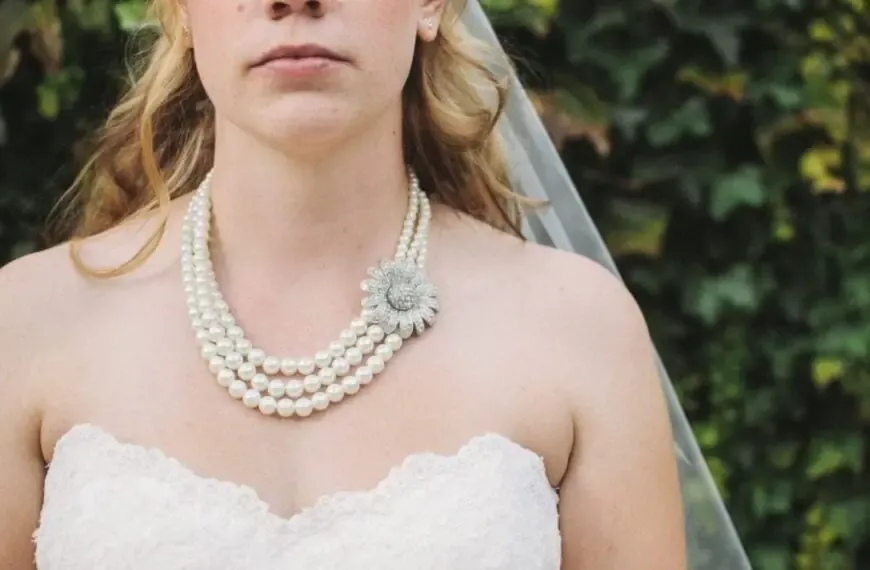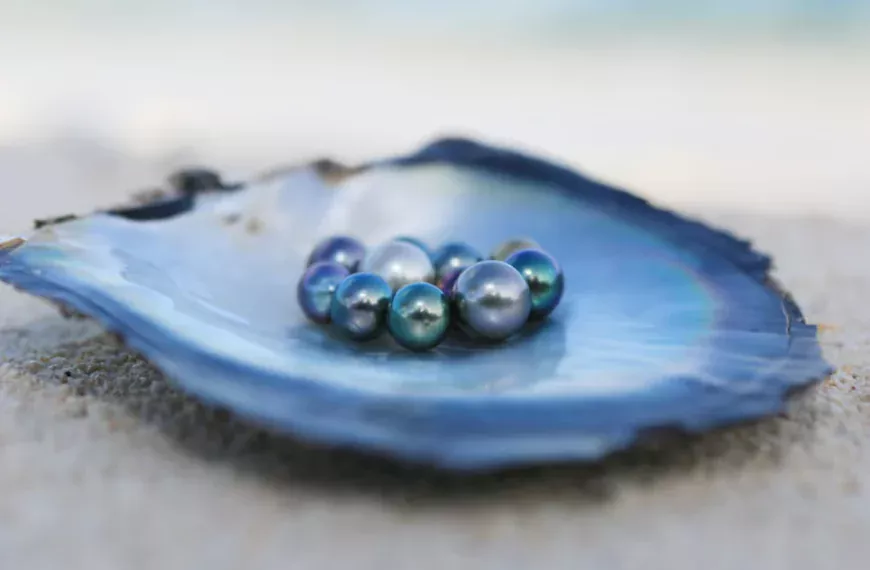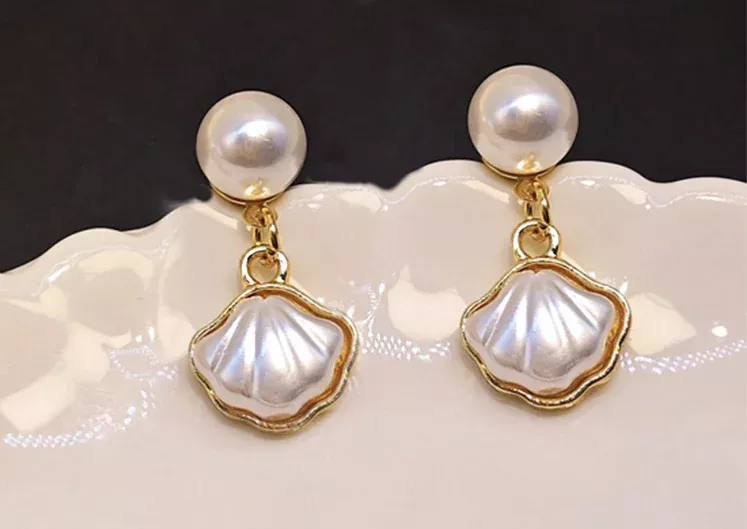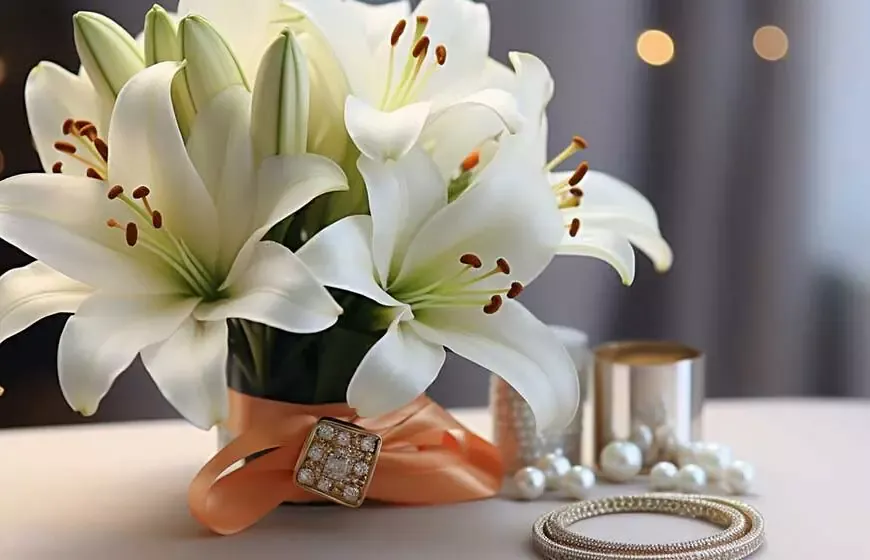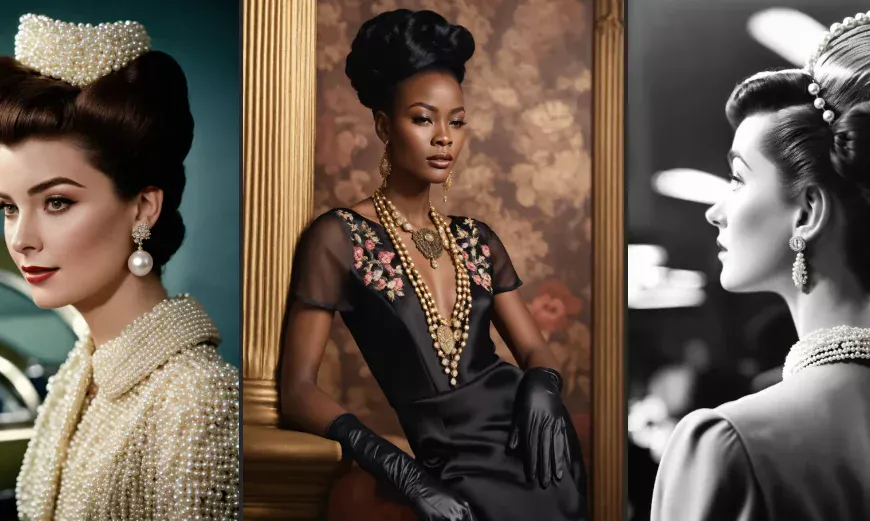In Arab culture, pearls have long held a special significance, symbolizing beauty, purity, and status. Before the discovery of oil, the Arabian Gulf was a global center for pearl diving, and pearls became a major part of the economy, creating a rich legacy that lives on today. They are often featured in traditional jewelry and celebrated for their natural beauty. Pearls continue to be treasured as gifts that reflect prosperity and elegance, deeply woven into the cultural heritage of the Arab world.
The Symbolism of Pearls in Arab Culture
Pearls are far more than just beautiful gems; they carry profound meanings in Arab culture that are worth exploring.
Purity and Beauty
In Arab culture, pearls symbolize purity and beauty, often given as cherished gifts to express love and respect. Their exquisite luster and smooth texture make them a timeless token of affection.
Wisdom and Knowledge
Pearls also represent wisdom and knowledge, serving as reminders of the wisdom passed down through generations. Their formation—taking years to develop—mirrors the journey of acquiring true understanding and insight.
Wealth and Status
Wearing pearls is a statement of wealth and high status within Arab society. Those adorned with these precious gems are often viewed with admiration and respect, highlighting their significance as a symbol of importance.
The Role of Pearls in Arab Traditions and Jewelry
Pearls hold a significant place in Arab traditions and jewelry, celebrated for their beauty and cultural importance.
Weddings
On their wedding day, brides often adorn themselves with pearls, symbolizing purity and new beginnings—a cherished custom that adds elegance to this special occasion.
Festivals and Celebrations
During festive celebrations, pearl jewelry enhances the joy and beauty of the events, making every moment memorable with their lustrous glow.
Traditional Jewelry
In traditional Arab jewelry, pearls are a staple, embellishing necklaces, bracelets, and earrings with their timeless charm.
Modern-Day Significance
Today, pearls continue to thrive in Arab culture, maintaining their special status in various aspects of life.
Fashion and Style
Modern Arab fashion embraces pearls, with designers incorporating them into stylish, elegant pieces that reflect contemporary aesthetics while honoring tradition.
Gifts and Heirlooms
Often given as heartfelt gifts, pearls are treasured family heirlooms, ensuring that the rich legacy of their beauty and significance lives on through generations.
The Beauty of Pearls
In Arab culture, pearls carry rich and profound significance, symbolizing purity, wisdom, and wealth. From the ancient practice of pearl diving to their prominent role in modern fashion, pearls have always been cherished. They occupy a special place in various traditions, jewelry, and celebrations. The allure and elegance of pearls continue to enchant hearts, solidifying their status as timeless gems that transcend generations.
Find out more about pearls in other cultures!
Frequently Asked Questions
What Are Pearls In Arab Culture?
Pearls symbolize purity, wealth, and power in Arab culture.
How Did Pearl Diving Start?
Pearl diving began centuries ago in the Arabian Gulf.
Why Are Pearls Valued In Arab Culture?
They represent beauty, status, and tradition.
What Is The History Of Pearl Trading?
Pearl trading dates back to ancient Arabian civilizations.
Fun Facts About Pearls
- Pearls are the only gems made by living creatures.
- No two pearls are exactly alike.
- Pearls can come in many colors, like white, black, and pink.
- The largest pearl ever found is called the “Pearl of Lao Tzu.”
Table: Pearl Colors and Their Meanings
| Color | Meaning |
|---|---|
| White | Purity and Innocence |
| Black | Strength and Mystery |
| Pink | Love and Kindness |
| Gold | Wealth and Prosperity |

